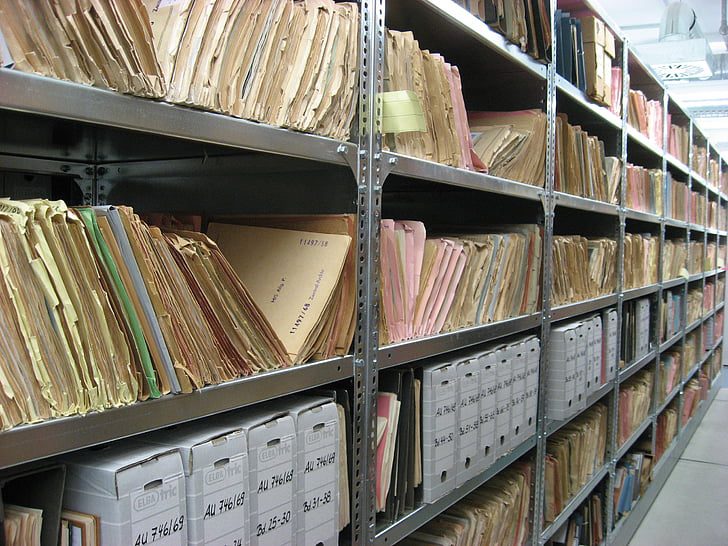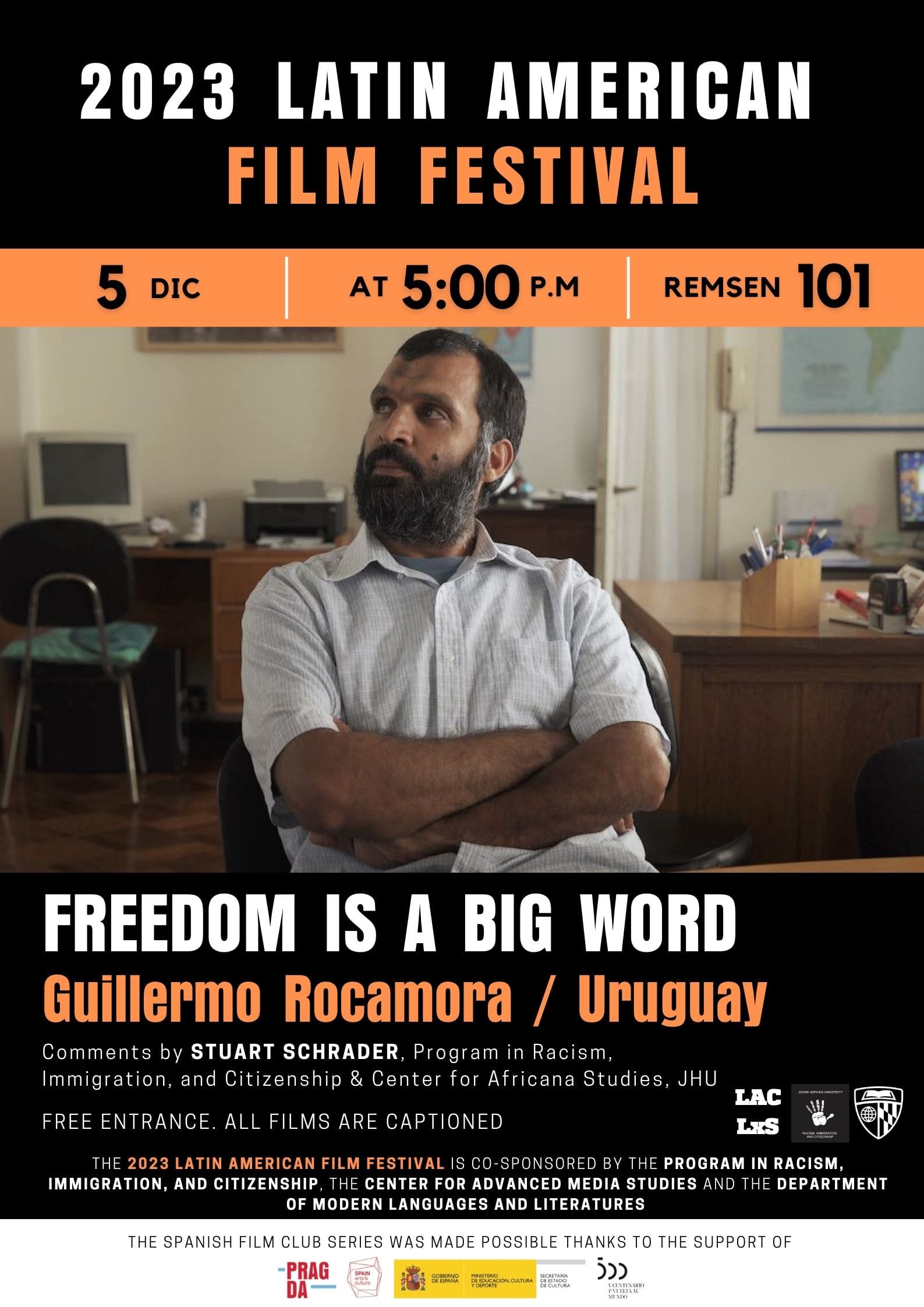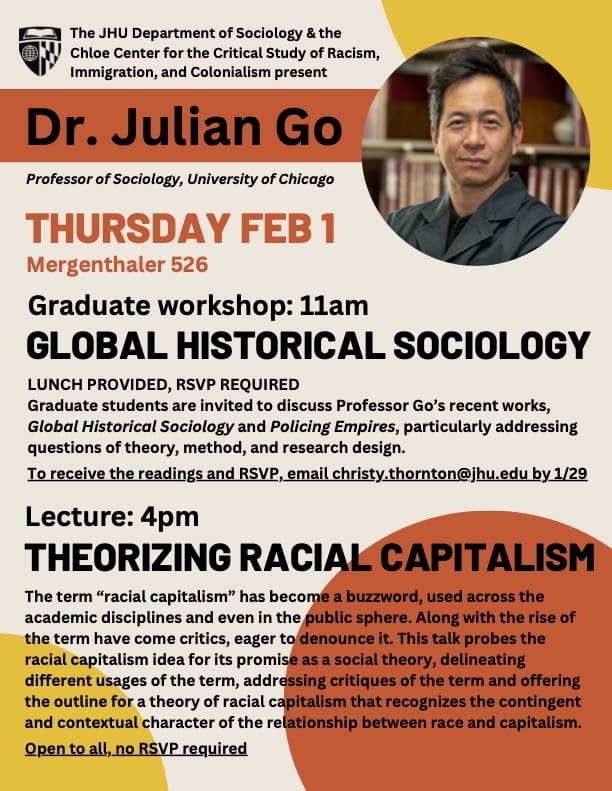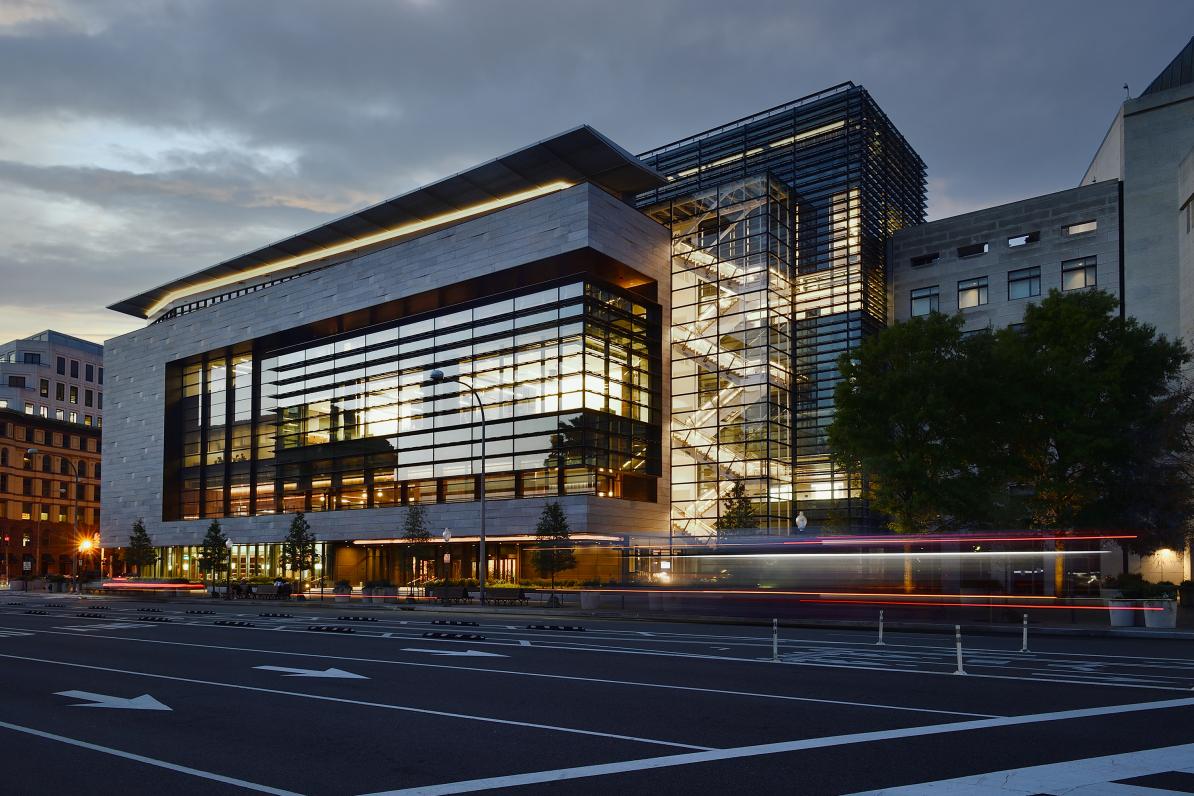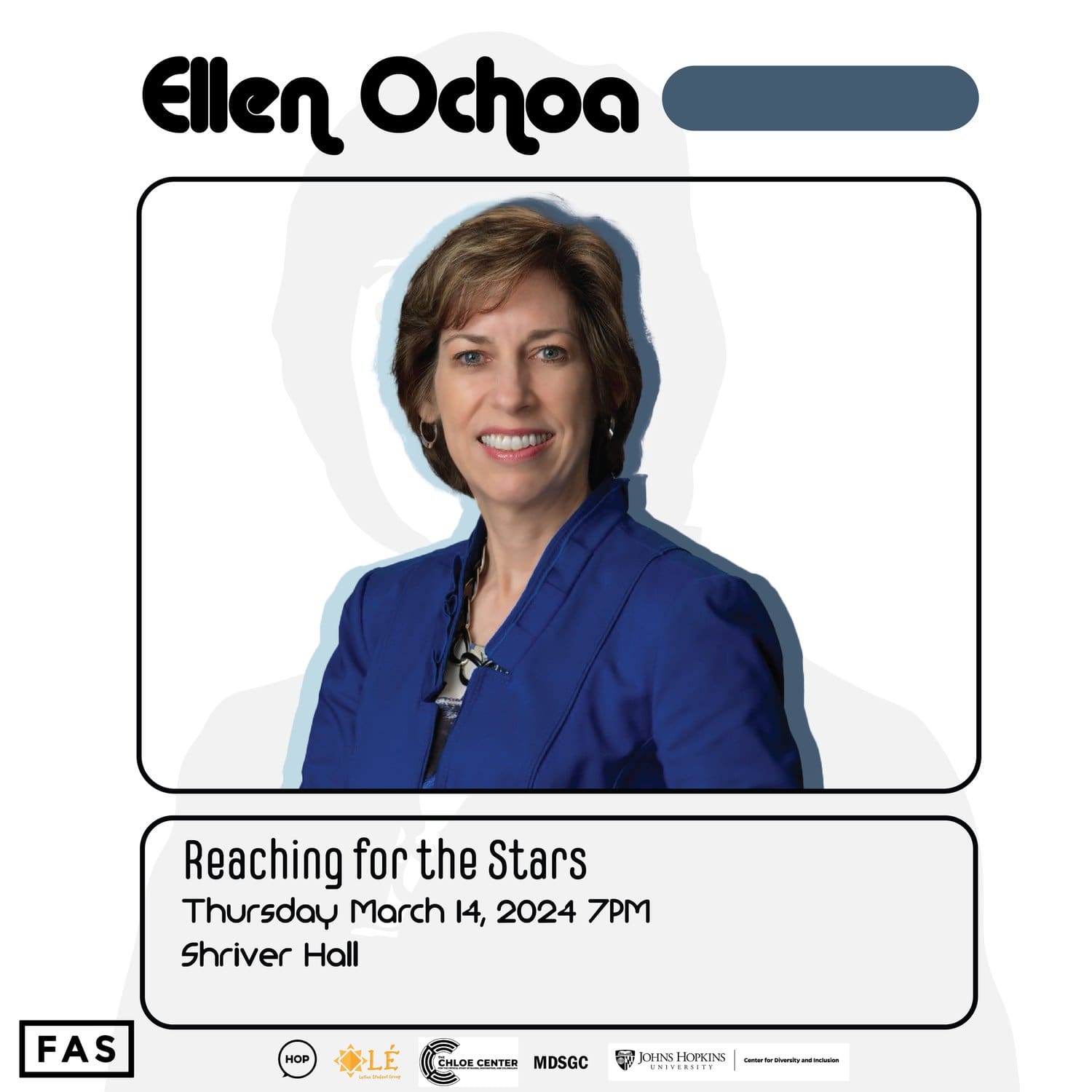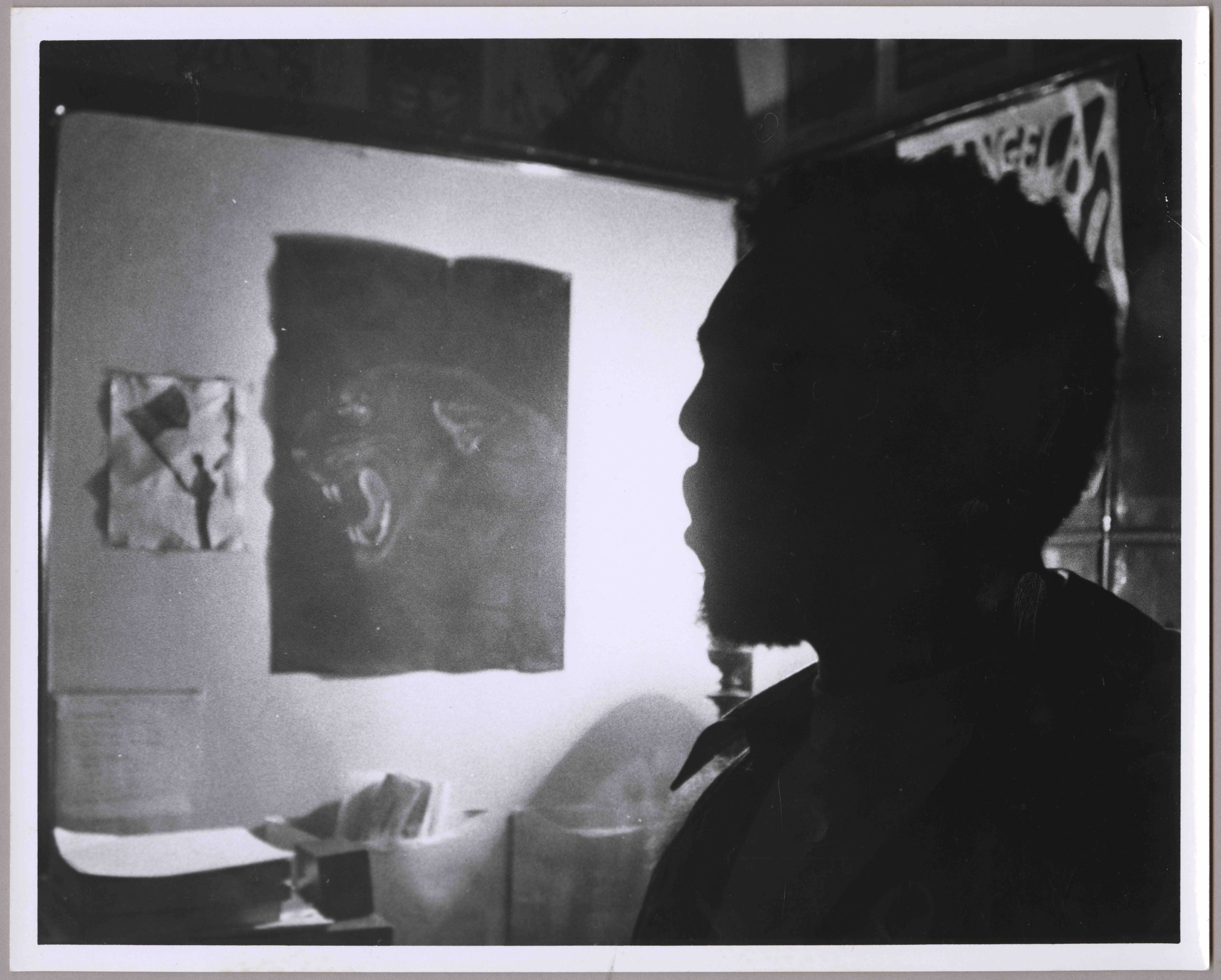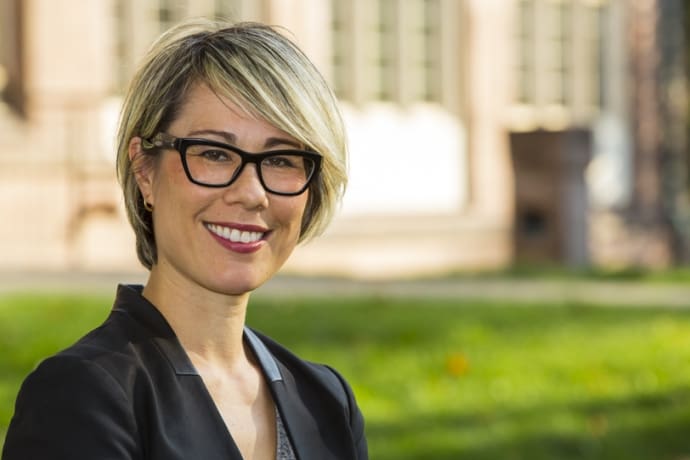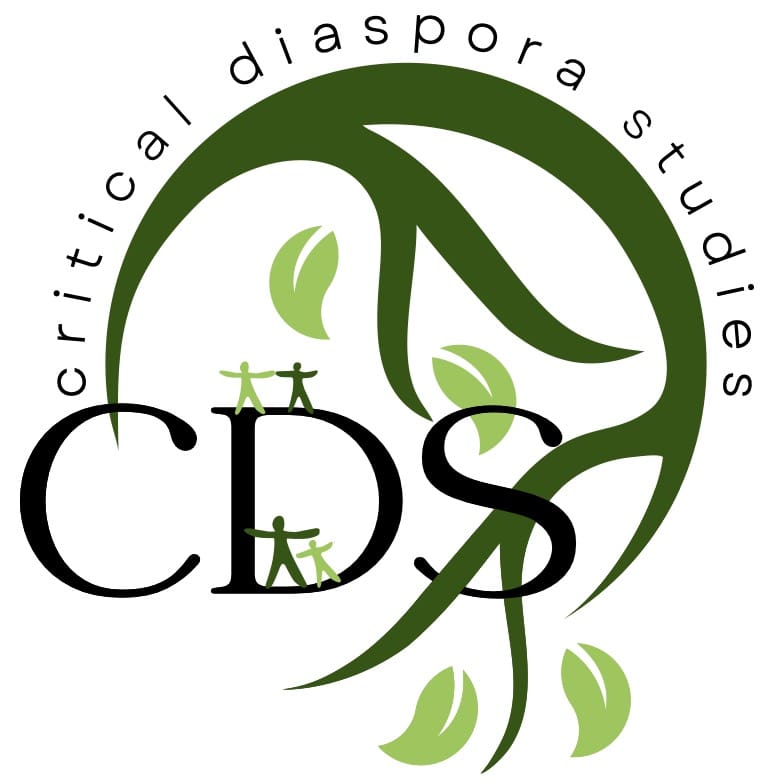Graduate Workshop: Archival Methods in the Social Sciences
Please join this graduate workshop sponsored by the Department of Sociology and Program in Racism, Immigration, and Citizenship for a conversation on how to adopt archival research methods in the social sciences. The discussion will focus on research on political economy, colonialism, and state power. Speakers will offer practical guidance as well theoretical and methodological insights.

